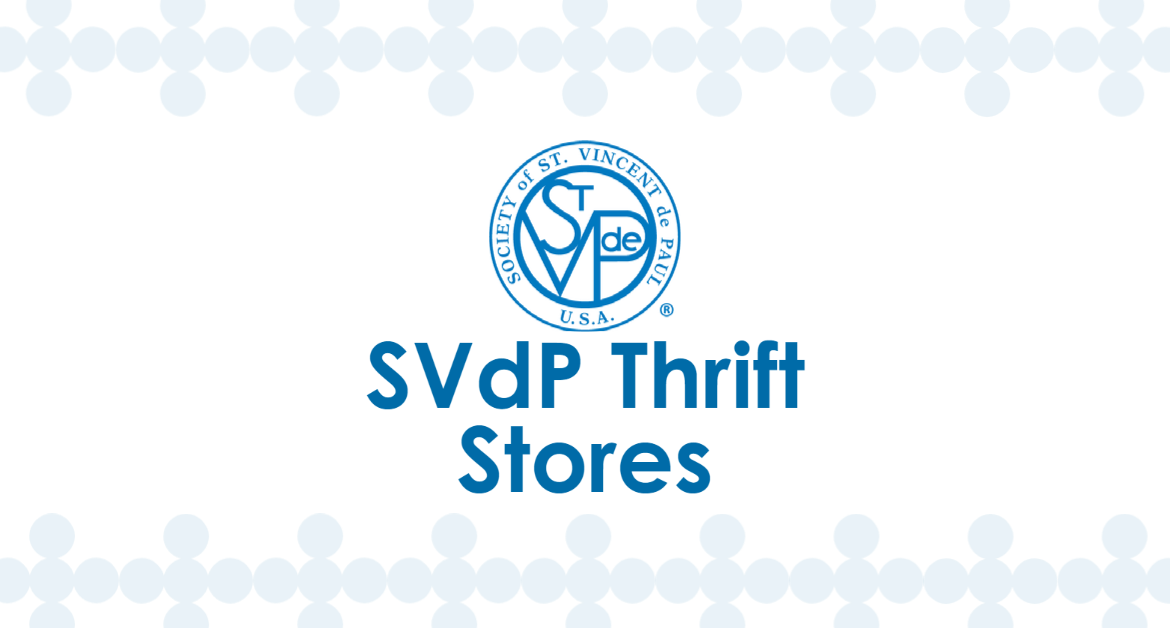PROCESS
All business should be done by process – not reaction to individual situations. Council/Board policies and management procedures form the processes. Once formed, the process should not be violated except for very serious reasons. Processes must be in writing. They can be either Council/Board policy or operational procedures.
MEETING AGENDA
All Council/Board agenda items are designated as either action items or information. A process is to be developed so all Council/Board members have all information on action Items well before the Council/Board meeting so all votes are based on informed opinions. There should be no action taken on any motion not fully disclosed. The only exception in Roberts Rules is a “motion to suspend the rules.” This motion only applies to the issue at hand and must be passed by a two-thirds vote. Then that matter can be brought up and acted upon. A typical time that this should be used is in the case of a serious time problem on a critical issue.
ELECTION – COUNCIL PRESIDENT
All elections are held in conformance with bylaws. The Nationally Approved Bylaws have the same authority as the Rule. As a result of the process that occurred when the National Council approved Part III of the Rule and the Nationally Approved Bylaws at the National Assembly in Chicago in 2005, every Council and Conference is expected to adopt a set of bylaws corresponding to the Nationally Approved Bylaws.
All Council elections should begin at the Conference member level. All ballots are secret. Ballots for this election are usually counted by the Spiritual Advisor and one other disinterested person. It is suggested that only the winner is announced, not how close or unanimous the vote may have been. Revealing the actual vote only creates problems no matter how close or wide the vote is.
Conference Presidents are expected to vote the way their members instructed. If a significant development occurs changing the situation, such as the withdrawal of one or more candidates, the Conference President should use his/her best judgment of how the Conference would vote and then cast the ballot. If the election is put off to another time, the Conference members should be given an opportunity to express their wishes in another secret ballot.
MANAGEMENT
The Council, Council President and Board are responsible for oversight of the management of the Council. However, if the Council has a Chief Executive Officer/Executive Director, the Council, Council President and Board are NOT responsible for the actual day to day management. The Chief Executive Officer/Executive Director is responsible for the business of the Council.
Typically, a Council will not hire a Chief Executive Officer/Executive Director unless it operated one or more stores or Special Works. The business activities of the Council are handled by the Chief Executive Officer/Executive Director. The Council, President and Board are responsible for the Vincentian work of the Council.
An issue with an individual, the clergy, or a Vincentian issue with the Council or a Conference is normally handled by the appropriate members of the Council/ Board. In many parts of the country, the Chief Executive Officer/Executive Director aids the Council/Board with some of those issues. However, the following principle should be kept in mind: The primary role of paid staff in the Society is to AID Vincentians in the work they must do; it is NOT to do their work for them.
OBLIGATING THE COUNCIL
The Council/Board is the only entity that can authorize an obligation to be placed on the Council. This authority may be delegated by the Council/Board in certain cases to specific persons. No new ministries or significant additional services are undertaken without Council approval. Obtaining a grant for a special work or service that will obligate the Council to continue even if the grant is not received in the following year is unacceptable planning. The cost of a ministry is not only the space or start-up cost; it is the continuing expense to operate year after year.
In most cases, the structure of the Society is such that the Council is incorporated, has its Tax ID (EIN), is insured and is the SVdP legal entity in its area of coverage. It provides legal authority and coverage to the Conferences, stores and special works that are its subsidiaries. Therefore, it is important that all Conferences, stores and special works submit their plans for grant requests and other new activities to the Council/Board for approval. Since the Council is the legal entity, the grant or new activity becomes the responsibility of the Council.
PLANNING
Planning, both long and short range should be a continuing process and examined in depth at least once a year. Times for regular annual planning meetings, usually before budget time, should be established and adhered to.
CROSSING INTO ANOTHER COUNCIL’S AREA
In 1979, the National Council passed a resolution that essentially stated that no Council or Conference can cross into the boundaries of another Council or Conference with the intent to set up operations of some work or do fundraising without their permission. This resolution was re-enforced by Resolution 104, passed by the National Council on April 12, 2013. For example, this prevents Council A from establishing a store or special work within the Council B boundaries without Council B granting them permission. The same holds true for targeted fundraising.



